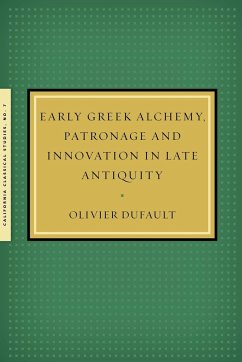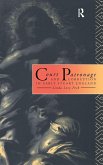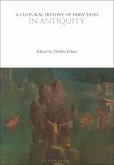Early Greek alchemy, Patronage and Innovation in Late Antiquity provides an example of the innovative power of ancient scholarly patronage by looking at a key moment in the creation of the Greek alchemical tradition. This study analyzes the descriptions of learned magoi in several texts from the second to the fourth century CE and demonstrates the ambiguities of this term and its association in polemical and satirical contexts with flatterer-like figures (kolakes) and client scholars who exerted undue influence over patrons. The first known author of alchemical commentaries, Zosimus of Panopolis (ca. 300 CE), presented himself neither as a magos nor as an alchemist and criticized rivals for patronage as magoi and demon-worshippers. This study concludes that alchemical texts were first introduced among other Greek scholarly traditions when Zosimus annexed Egyptian temple rituals into the ambit of paideia thanks to the support and venue provided by his patroness.
Hinweis: Dieser Artikel kann nur an eine deutsche Lieferadresse ausgeliefert werden.
Hinweis: Dieser Artikel kann nur an eine deutsche Lieferadresse ausgeliefert werden.








